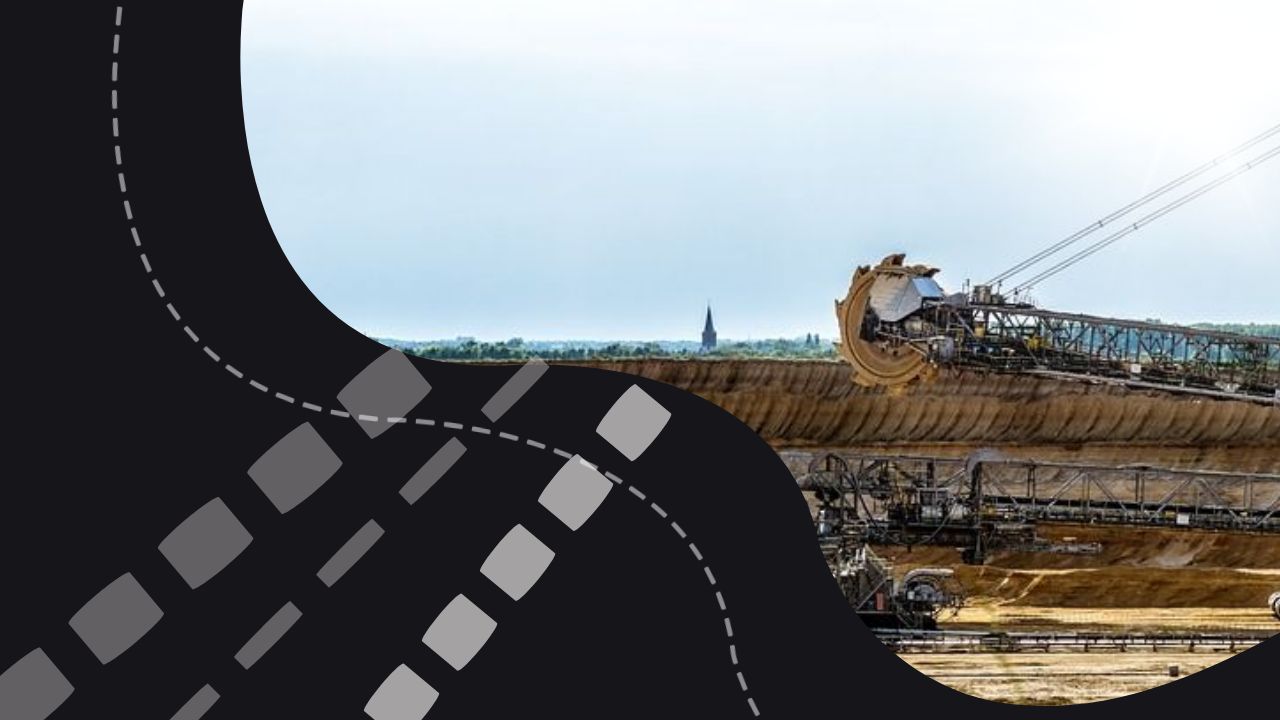The European Union is preparing to unveil a new economic security package next week, with a central component focused on safeguarding access to critical raw materials needed for clean technology and advanced industries. The initiative, known as RESourceEU, will form the bloc’s latest strategy to diversify supplies of essential inputs such as lithium, copper and nickel, and to reduce reliance on third-country suppliers — particularly China, which continues to dominate global clean-tech value chains and has tightened export controls on key materials.
Modelled after the EU’s REPowerEU energy programme, RESourceEU is being developed against a backdrop of geopolitical uncertainty and shifting global competition. The European Commission plans to use the strategy to forge new partnerships with resource-rich countries including Australia, Kazakhstan, Uzbekistan and others, strengthening supply chains through long-term cooperation agreements.
Recycling is set to play a central role. Brussels aims to significantly expand the EU’s capacity to recover critical materials from products reaching end-of-life, reducing the need for primary extraction. This dovetails with the Critical Raw Materials Act, which sets ambitious 2030 benchmarks: 10% of EU consumption of strategic minerals must come from domestic extraction, 40% from domestic processing and 25% from recycling. While many industry observers question whether these targets are achievable in time, they have nonetheless prompted European manufacturers to rethink business models and strengthen sourcing resilience.
Additional EU initiatives are feeding into the strategy — from state aid tools supporting cross-border projects, to satellite-based exploration programmes designed to identify new raw material deposits. Financial support for battery manufacturing across Europe is also helping build internal value chains.
Beyond Europe’s borders, the EU’s Global Gateway programme is funding major infrastructure and resource projects, particularly in Africa, with the intention of boosting local development while also ensuring stable supply routes for the EU. However, critics warn that the approach risks echoing historical patterns of extraction that disproportionately benefited Europe. EU officials insist the new strategy will prioritise equitable partnerships and avoid repeating colonial-era dynamics.
RESourceEU is expected to outline a broad framework combining supply diversification, strategic investment, recycling expansion and international cooperation — all aimed at ensuring that Europe remains competitive and secure in an increasingly contested global market for critical raw materials.

